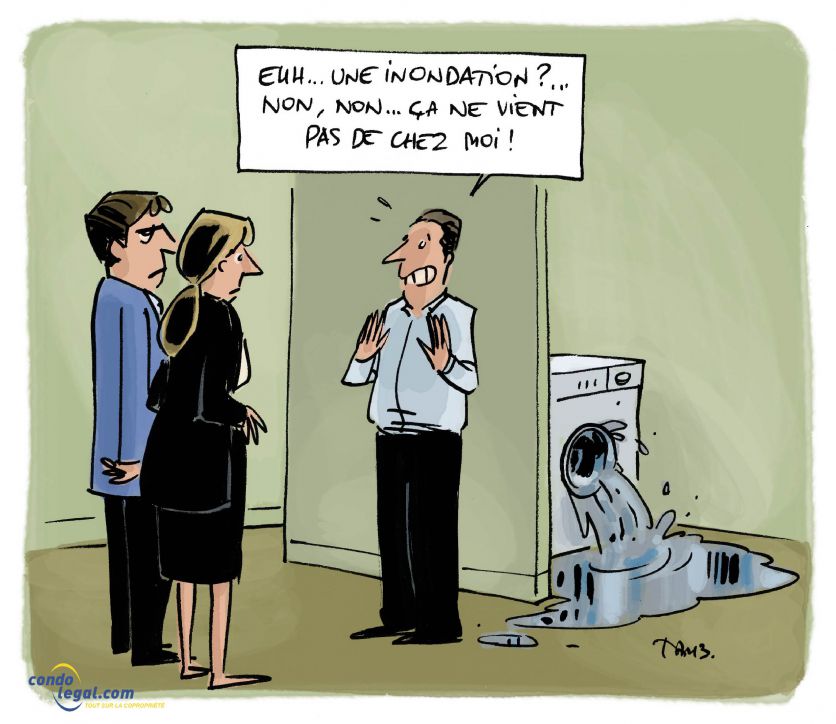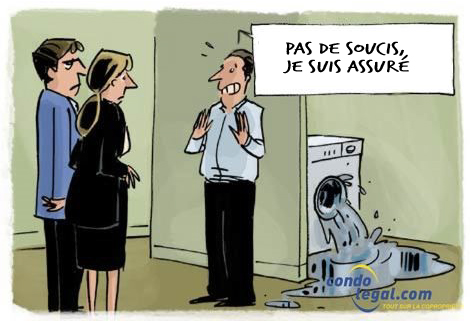Date published: 10/08/2024
Co-ownership: The challenge of storing lithium-ion batteries
 With the growing popularity of electric bikes, scooters, and e-scooters, a new reality is emerging in the co-ownership environment: the safe management of lithium-ion batteries. While these small vehicles offer an eco-friendly and practical transportation solution, they also pose significant risks, particularly when it comes to storing batteries inside residential units. This article explores the risks associated with these batteries and the preventive measures that co-owners should adopt to avoid potentially catastrophic incidents. Understanding these dangers is vital for ensuring safety in shared spaces.
With the growing popularity of electric bikes, scooters, and e-scooters, a new reality is emerging in the co-ownership environment: the safe management of lithium-ion batteries. While these small vehicles offer an eco-friendly and practical transportation solution, they also pose significant risks, particularly when it comes to storing batteries inside residential units. This article explores the risks associated with these batteries and the preventive measures that co-owners should adopt to avoid potentially catastrophic incidents. Understanding these dangers is vital for ensuring safety in shared spaces.
A concerning increase in lithium-ion battery fires
According to a recent article in the Journal de Montréal, fires caused by lithium-ion batteries are on the rise exponentially. In Montreal, the number of firefighter interventions for such incidents has increased from just three in 2019 to 43 in 2023【source: Journal de Montréal, April 18, 2024】. These batteries, though efficient and lightweight, can be extremely dangerous when defective, misused, or stored improperly. Fires caused by these batteries are not only rapid and violent but can also lead to explosions.
Responsibility of the co-owner
In a co-ownership, the responsibility for the storage of lithium-ion batteries within a unit falls on the co-owner. According to article 1457 of the Civil Code of Quebec, an owner is responsible for damages caused by the objects they own, including lithium-ion batteries. In the event of a fire caused by a battery stored in a unit, the co-owner may be held liable for the damages. This liability includes those not covered by the syndicate's insurer, due to the deductible, insufficient coverage, or the absence of coverage under the co-ownership’s building insurance.
Declaration of co-ownership
It is crucial to review the co-ownership declaration to check whether specific provisions govern the storage of potentially hazardous materials, such as lithium-ion batteries. If the declaration is silent on this issue, the co-ownership syndicate might consider adopting specific rules to regulate the storage and charging of these batteries to prevent any risk to residents.
Safety recommendations for battery storage
To reduce the risks of lithium-ion battery fires, it is recommended to follow some best practices:
- Use original batteries and chargers: Experts, such as those from the Montreal Fire Department (SIM), emphasize the importance of using original batteries and chargers specifically designed for the vehicle. The use of non-compliant batteries or chargers increases the risk of overheating and fire.
- Safe storage: Batteries should be stored in a well-ventilated area, away from heat sources and flammable materials. Ideally, they should be charged outside the unit, in a safe location.
- Fire risk prevention: It is essential to regularly monitor the condition of the batteries to detect any signs of damage or malfunction. If in doubt, it is advisable to stop using the battery immediately and have it inspected by a professional.
Considerations for the syndicate of co-ownership
Co-ownership syndicates should also consider implementing specific rules regarding the storage of lithium-ion batteries. This could include restrictions on where these batteries can be stored, regular inspections to ensure compliance, and clear guidelines for co-owners.
A matter of safety and responsibility
With the increasing number of small electric vehicles, co-owners and syndicates must be aware of the risks associated with storing lithium-ion batteries. Adopting safe practices and ensuring that the co-ownership declaration contains adequate provisions is essential to prevent tragic incidents. Co-owners are encouraged to consult a professional to ensure they take all necessary measures to protect their unit and building.
Yves Joli-Coeur, Ad. E.
Lawyer
Dunton Rainville
3055 Boulevard Saint-Martin O
Bureau 610
Laval, QC H7T 0J3
Tél. : (450) 686-8683
Courriel : [email protected]




